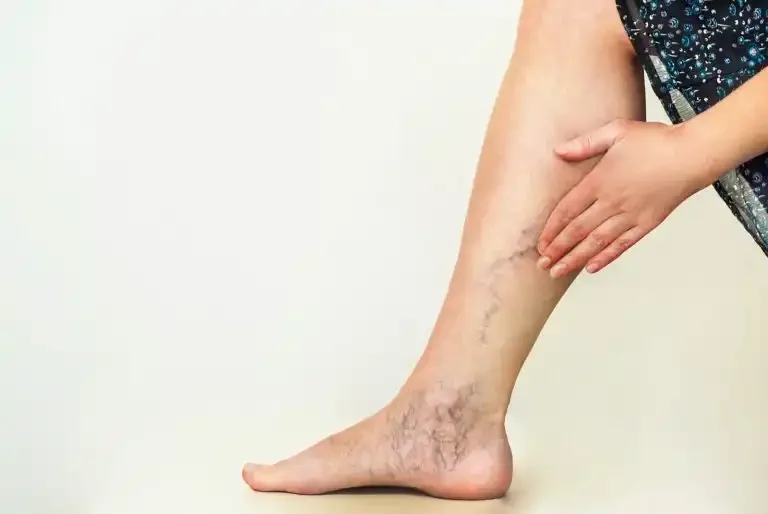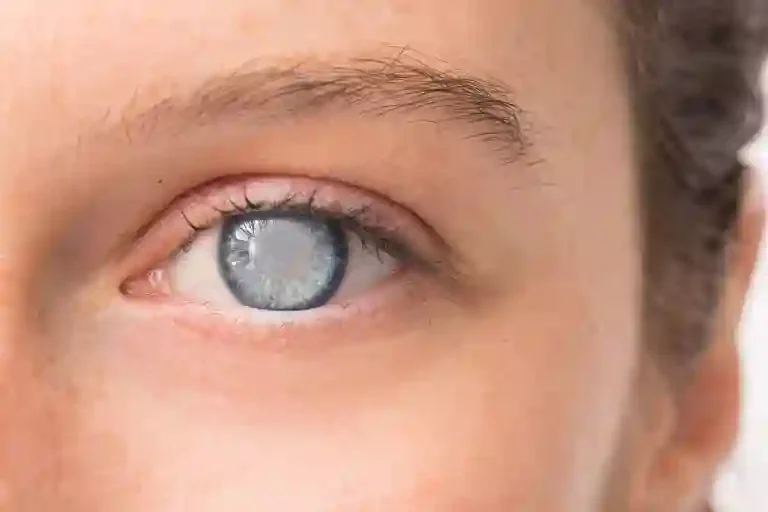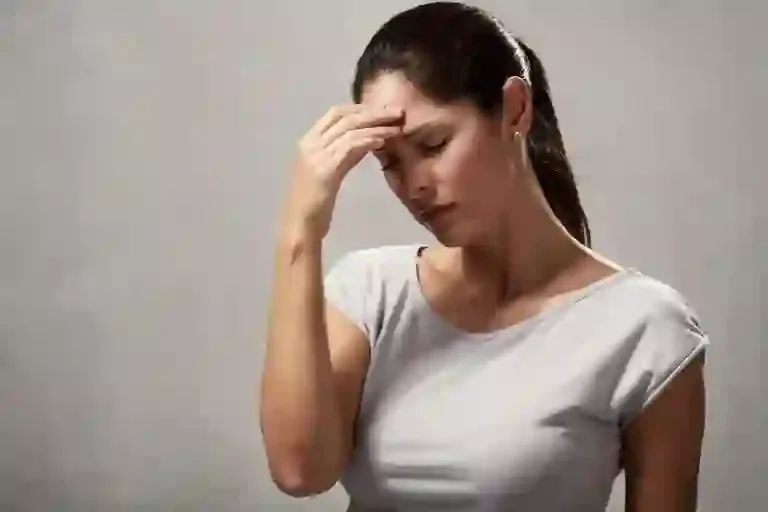Do your legs sometimes feel heavy and achy? Do some of the veins on your legs appear swollen and twisted? If so, you may be experiencing varicose veins.
Varicose veins are enlarged, swollen, and twisting veins, often appearing blue or dark purple in the legs and ankle region of the body. The truth is, it can progress into a more serious problem if left untreated.
Who are at risk Varicose Veins?
- A Family history of varicose veins
- Prolonged standing or sitting too long particularly can force the veins in your legs to work
- Being overweight
- During pregnancy, the baby puts pressure on your abdomen and on the veins in your legs. Many women find the varicose veins they develop during pregnancy go away within 3 to 12 months after giving birth.
- Hormonal changes that occur during puberty, pregnancy, and menopause.
- Aging increases, so too does your chance of developing varicose veins..
- Leg injury at some point with some damage to the veins in your legs increases your chances of developing varicose veins.
What is general cause:
Veins are a part of your body’s circulatory system. They carry blood from your body’s tissues back to your heart where it picks up oxygen. Cause of varicose veins is generally due to faulty or leaky vein valves. Your veins have one-way valves that keep the blood flowing toward your heart. If the valves are damaged or weakened, rather than flowing back towards your heart blood can back up and pool in your veins, causing them to swell.
What are symptoms associated with this condition:
- Purplish, knotted, prominent veins in the legs
- Pain (aching or cramping feeling), heaviness or tiredness on standing for long time
- Swelling , throbbing sensation in legs
- Itching in the legs
- Tender areas, redness around these prominent veins
- Skin blackening
- Skin thickening, tightening
- Ankle sores
- Skin ulcers, wounds
- Bleeding from prominent veins
Conservative Treatment
- Compression stockings
- Proper shoes
- Avoid prolonged sitting or standing
- Exercise
- Stop smoking
- Elevate feet
- Losing weight and healthy eating
Surgical Management:
Varicose vein treatments usually focus on making the disease vein swell and close permanently. The body routes blood to other veins. The treated vein eventually breaks apart and nearby tissue absorbs the remnants.
The surgical treatment is carried out by a vascular surgeon or interventional radiologist.
There are treatments available for those who want to rid themselves of varicose veins under the care of a vascular specialist.
Sclerotherapy is one treatment option for varicose veins. During this procedure, a vascular specialist will make injections into the varicose veins to help reroute blood flow to healthier veins.
Alternatively today, endovenous thermal ablation (EVLT) is carried. The treatment relies on high-frequency radio waves or laser heat to reroute blood to healthier veins and shut down problematic vein.
Endovenous thermal ablation (EVLT)
EVLA or EVLT, endovenous laser ablation is a minimally-invasive procedure that uses lasers to shrink varicose veins, precisely damaging the lining of veins so blood flow is prevented.
EVLA is performed as an outpatient procedure, typically taking well under an hour to perform, with the actual laser treatment only taking a few minutes.
Before your procedure, your vein will be carefully mapped using ultrasound technology so the treatment area can be clearly and precisely defined.
The advantages of Laser Treatment (Endovenous Laser Treatment-EVLT) is that it is a minimally invasive latest treatment option available for varicose veins that does not require cuts (incisions) or stitches. It is a very safe procedure and leaves no scars.
It usually requires a hospital stay for one day and patients can go back to work from the very next day of procedure.
If you are experiencing signs and symptoms varicose veins please visit our Interventional Radiology department at Wockhardt Hospital for further treatment and management.












